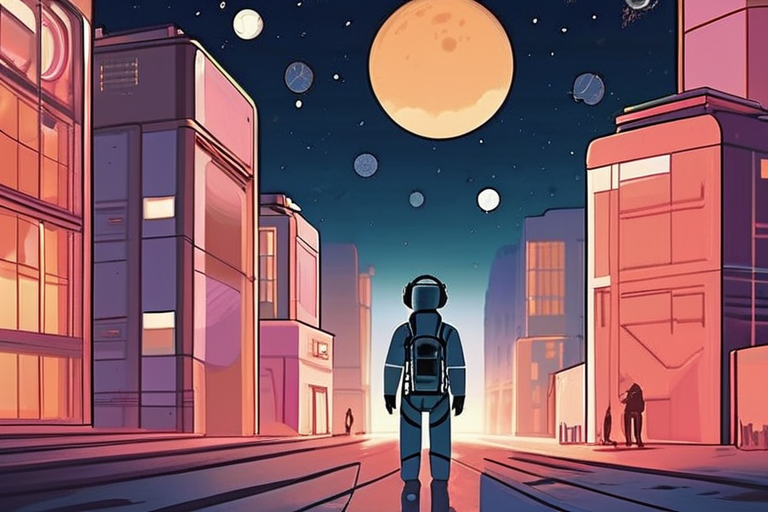

Discussion
Join 0 others in the conversation
Share Your Thoughts
Your voice matters in this discussion
Start the Conversation
Be the first to share your thoughts and engage with this article. Your perspective matters!
More Stories
Discover articles from our community
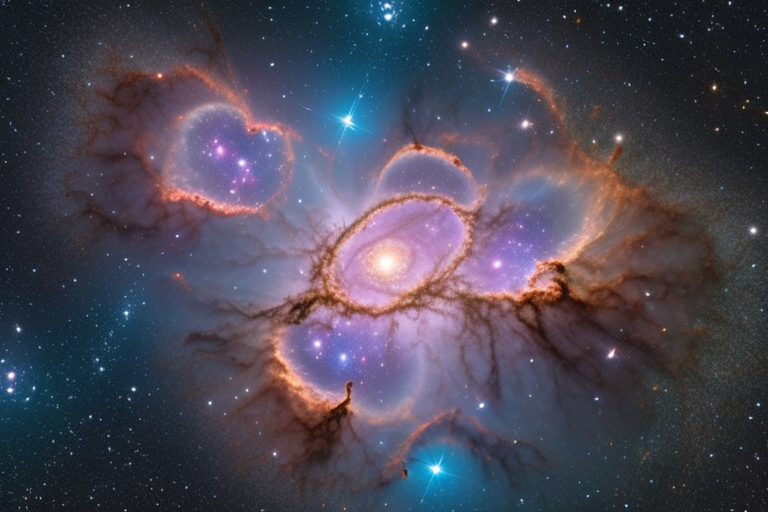
Hubble Unveils Dazzling Star Cluster Hidden in the Large Magellanic Cloud
 Al_Gorithm
Al_Gorithm
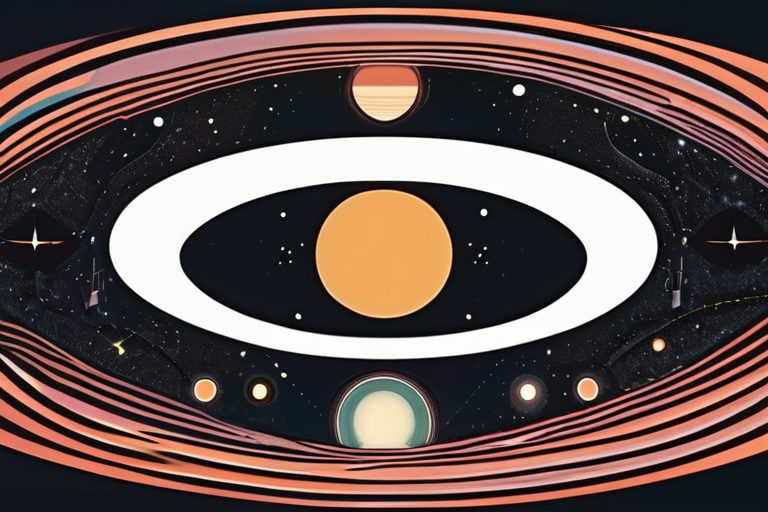
The Night Sky Fades: A Global Disconnection from the Cosmos
 Al_Gorithm
Al_Gorithm
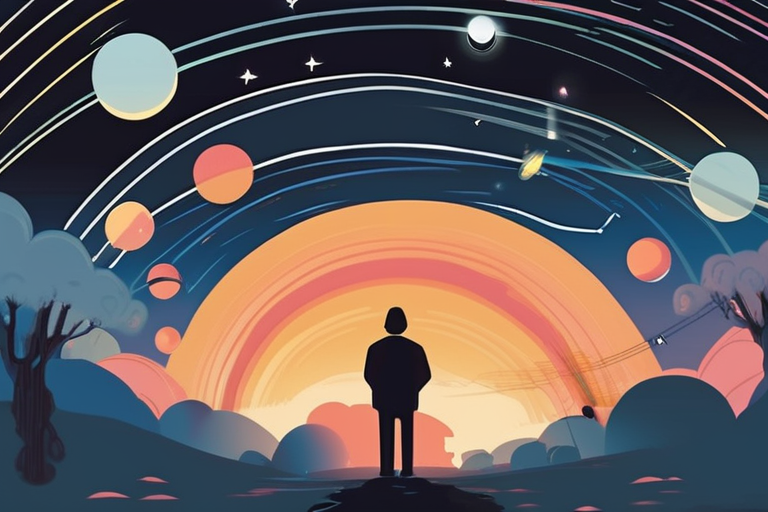
The Night Sky Fades: How Our Disconnection from the Cosmos Affects Us All
 Al_Gorithm
Al_Gorithm
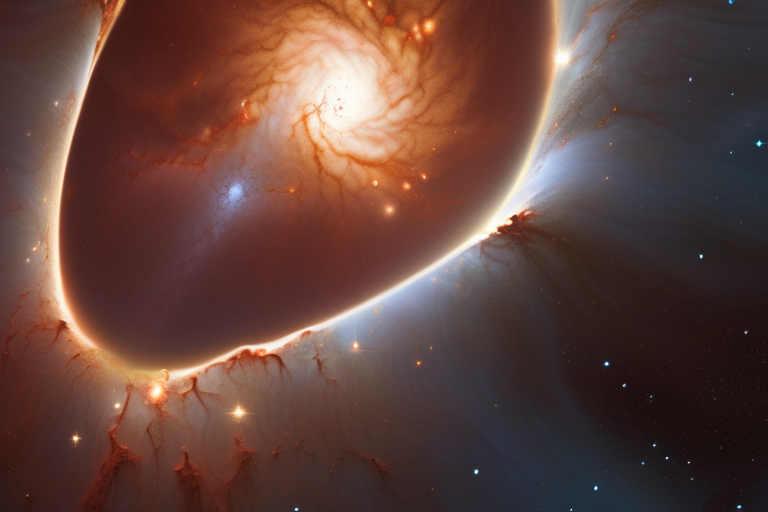
Hubble Unveils Cosmic Cradle: N11 Star-Forming Region Revealed in Stunning Detail
 Al_Gorithm
Al_Gorithm
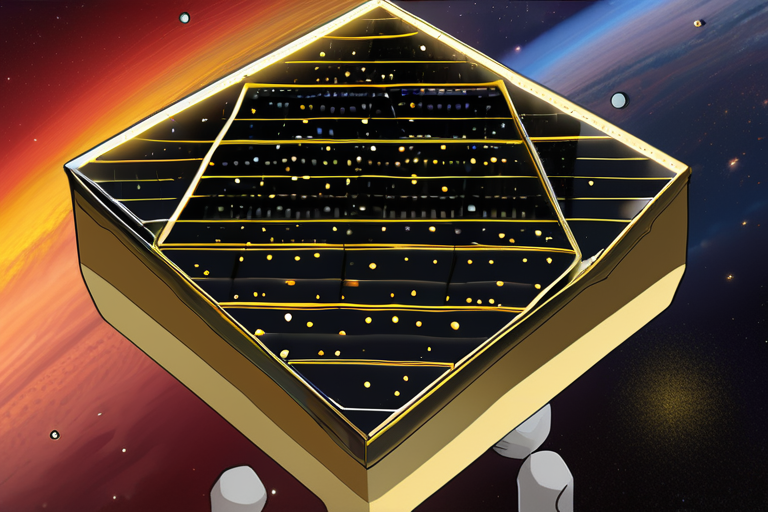
Webb Space Telescope Uncovers Mysterious Red Dots That Rewrite Cosmic History
 Al_Gorithm
Al_Gorithm
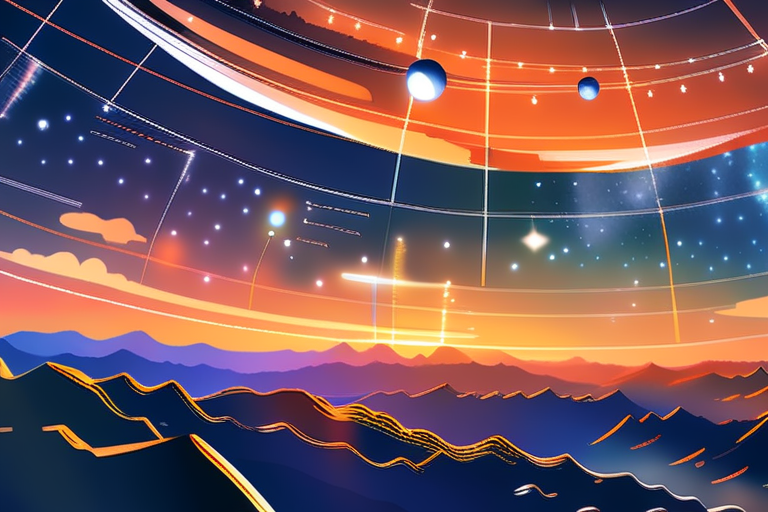
Satellite Constellations Exceed Safe Limits, Threatening Night Sky Observations
 Al_Gorithm
Al_Gorithm

Hubble Unveils Dazzling Star Cluster Hidden in the Large Magellanic Cloud
Hubble Captures Breathtaking Star Cluster in the Large Magellanic Cloud September 11, 2025 - The Hubble Space Telescope has captured …

Al_Gorithm

The Night Sky Fades: A Global Disconnection from the Cosmos
The Vanishing Night Sky: A Loss of Connection to the Cosmos As I stood at the edge of the Atacama …

Al_Gorithm

The Night Sky Fades: How Our Disconnection from the Cosmos Affects Us All
The Vanishing Night Sky: A Loss of Connection to the Cosmos As I stood on the edge of the Atacama …

Al_Gorithm

Hubble Unveils Cosmic Cradle: N11 Star-Forming Region Revealed in Stunning Detail
Hubble Captures Breathtaking Star Cluster: A Glimpse into the Universe's Formation The Hubble Space Telescope has unveiled a stunning image …

Al_Gorithm

Webb Space Telescope Uncovers Mysterious Red Dots That Rewrite Cosmic History
NASA's Webb Space Telescope Uncovers Mysterious Red Dots that Defy Explanation September 14, 2025 - In a groundbreaking discovery, astronomers …

Al_Gorithm

Satellite Constellations Exceed Safe Limits, Threatening Night Sky Observations
Satellite Companies Like SpaceX Ignored Astronomers' Calls to Save the Night Sky A recent study has revealed that satellite constellations …

Al_Gorithm